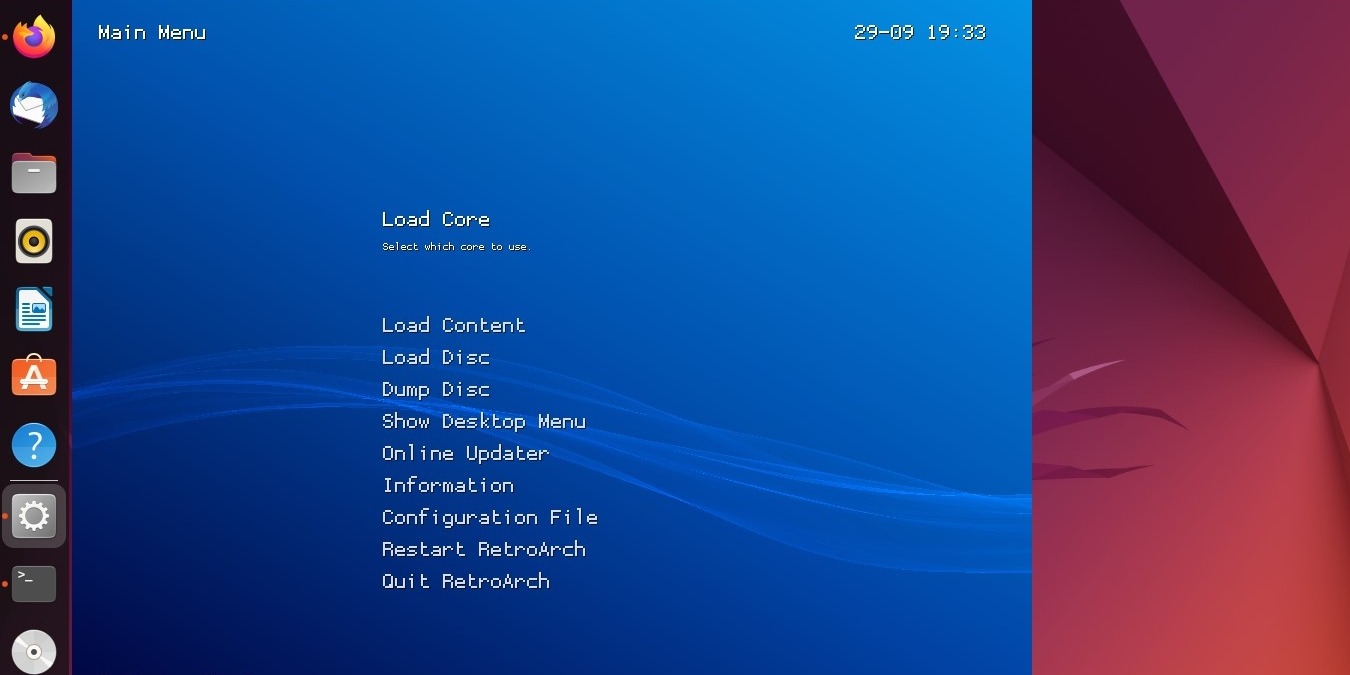
Who doesn’t love playing their favorite games from when they were younger? Retro gaming with emulators is great because it opens up all of your old favorites in one convenient place: your PC. If you’re on Linux, emulators are just as accessible and easy to use as they would be anywhere else.
These eight open-source gaming emulators for Linux open up thousands of classic games from a load of popular platforms, and they’re all easy to use. Many can even be loaded on a Raspberry Pi or Android phone to make a compact and portable console.
1. MAME
MAME used to stand for Multiple Arcade Machine Emulator, but now it’s just MAME. The original goal of MAME was to emulate classic arcade machines, but now it covers much more than that.
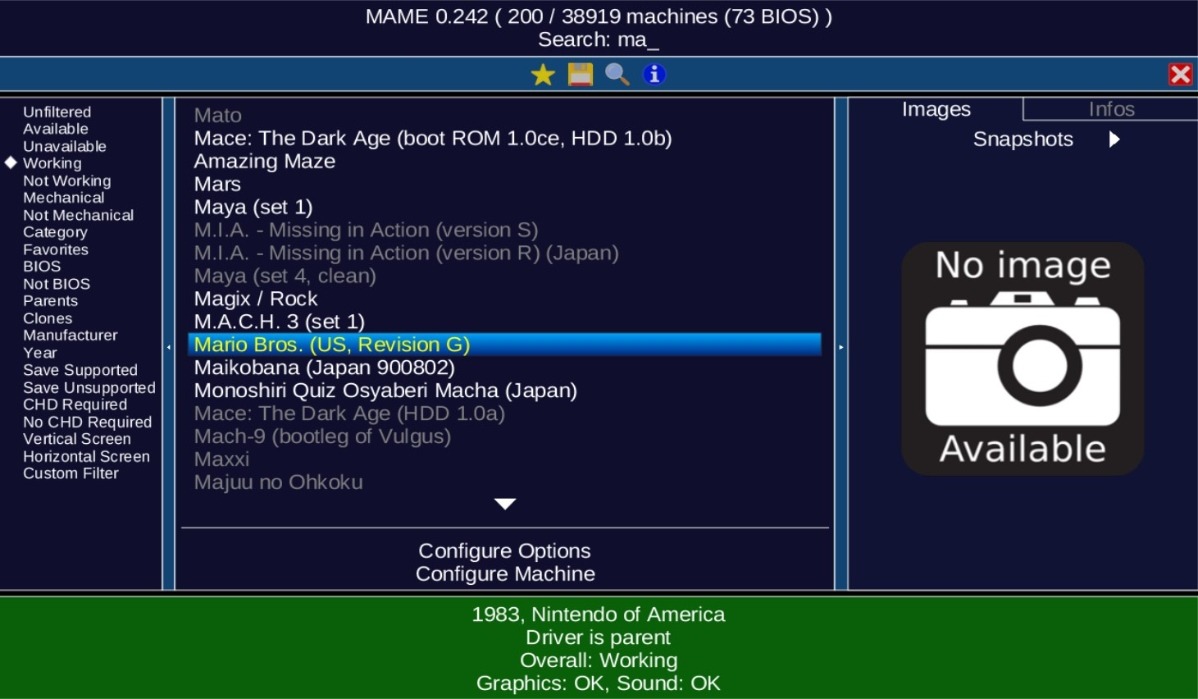
MAME emulates popular arcade cabinets as well as classic computing systems like the Atari 2600, Commodore 64, and even early Apple computers. You can play around 7,000 games from the past, all on your Linux PC. Titles like Atari’s Pong, Frogger, Galaga, TMNT II, Mario Bros (1983), Space Invaders, and Donkey Kong come to mind.
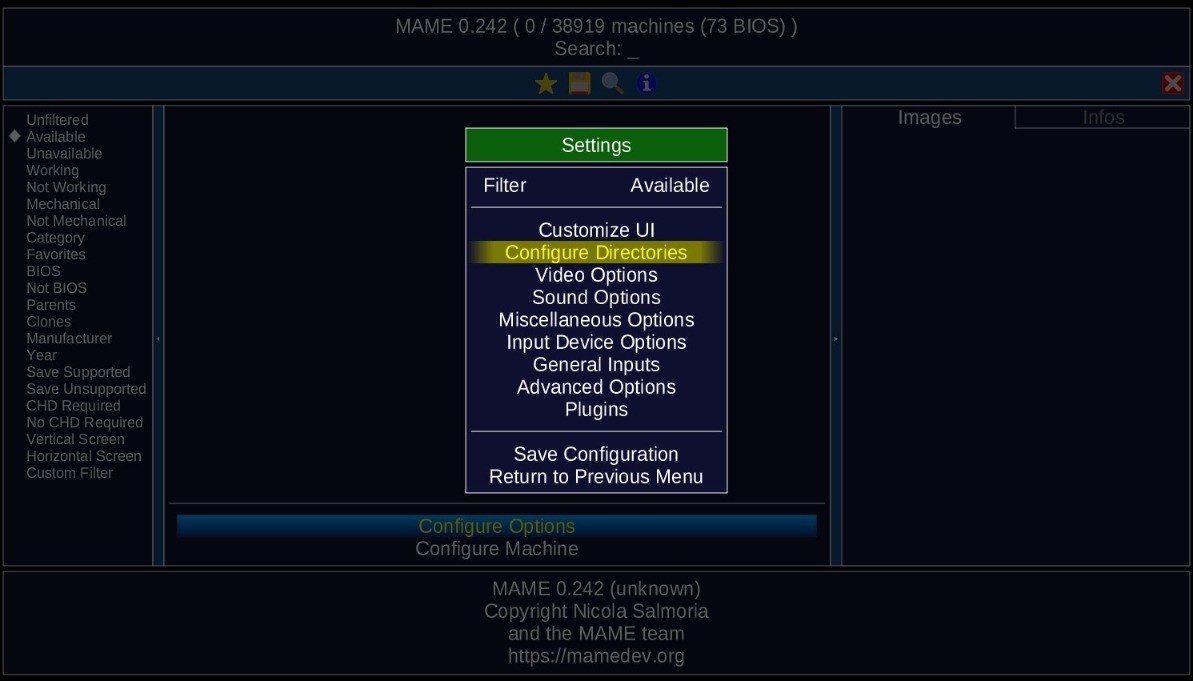
For a truly retro gaming experience, you’d be hard-pressed to find anything better than MAME in terms of support for some of the oldest games. MAME works without any issues with many popular Linux distros like Ubuntu, Fedora, and Arch Linux. If you’re not one for buying a retro gaming console, give MAME a shot.
Pros
- Supports games dating as far back as the 1950s
- Support for multiple older consoles
- Has decades of development under its belt
Cons
- Interface is not the most intuitive
2. DOSBox
DOSBox is a DOS emulator. You might not think of DOS when you think about gaming, but DOS is home to some real classics like Doom, Wolfenstein 3D, Duke Nukem 3D, SimCity, and many more.
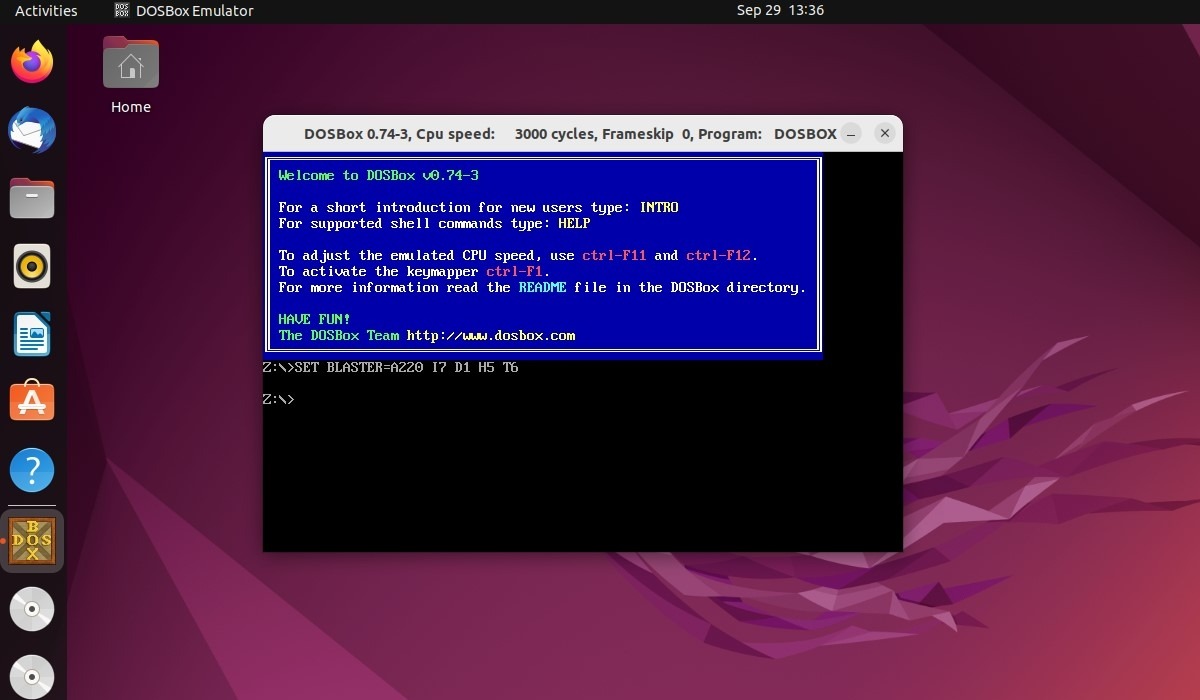
DOSBox isn’t a full implementation of MS-DOS, but it will play just about any DOS game you can think of. You can actually get a ton of them for free at My Abandonware or RGB Classic Games. These repositories host games that developers have abandoned. Because of that, all of the games hosted here are freely available for download and use.
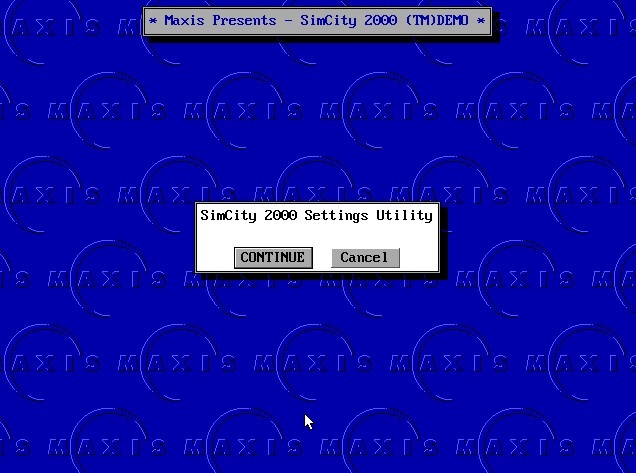
DOSBox isn’t limited to playing DOS games alone. You can also run Atari or Commodore 64 games easily using this lightweight emulator that runs perfectly on Ubuntu. Note that DOSBox won’t be able to use all of your modern PC’s resources, hence performance might be limited.
Pros
- Lightweight and easy to set up
- Emulates x86 Windows systems
- More than 20 years of development
Cons
- Users have to navigate with a command line interface
3. PCSX-R
It’s kind of hard to think of the PlayStation as a retro console, but it was released almost thirty years ago. PCSX-Reloaded or PCSX-R is currently one of the best options for playing PS1 games on a Linux machine.
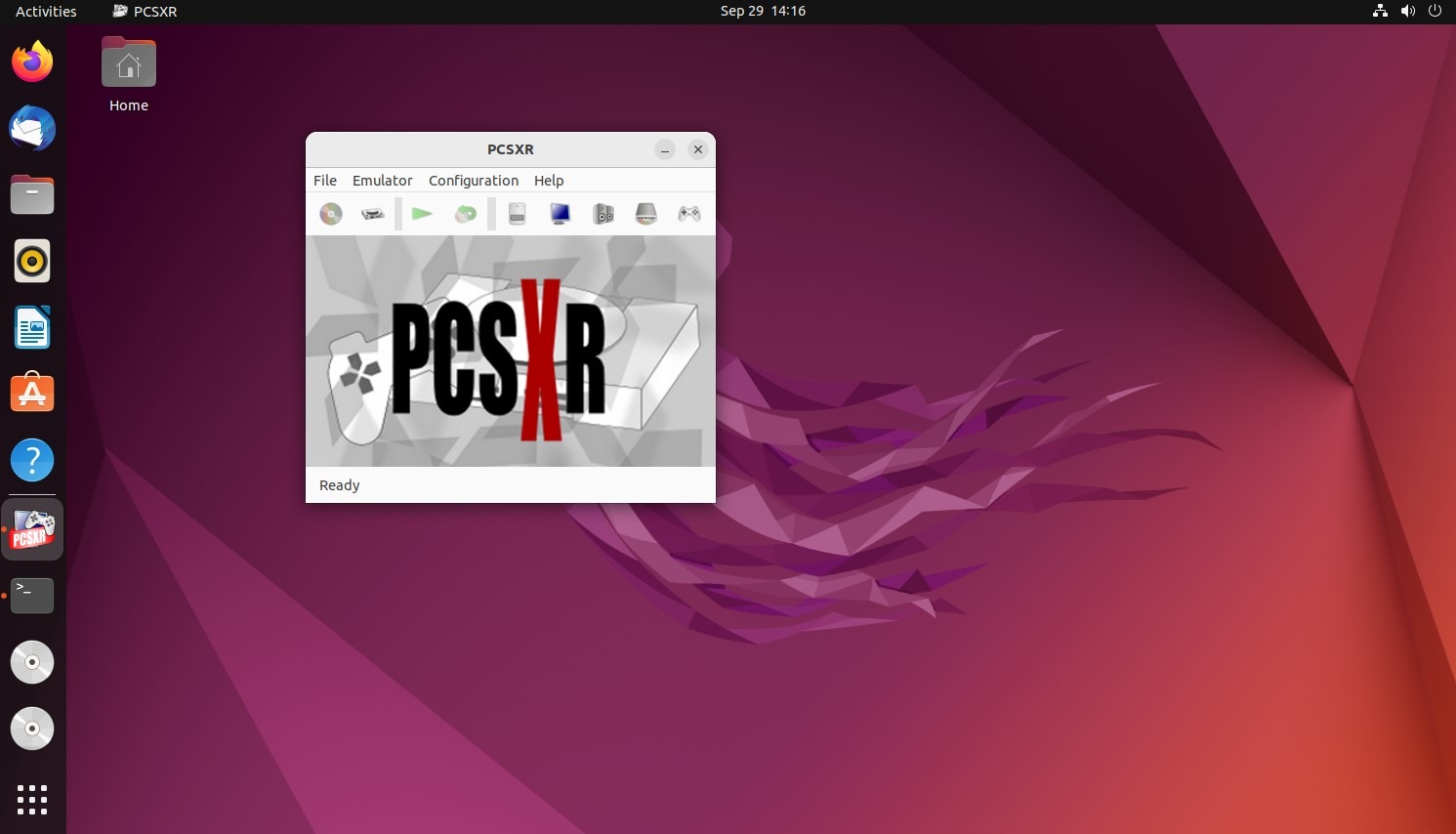
The project appears to have slowed down development. It doesn’t need to evolve much, though; it already works well with most games. If you are looking for newer graphical improvements, there is a patched version, PCSXR-PGXP, that brings improvements to model geometry.
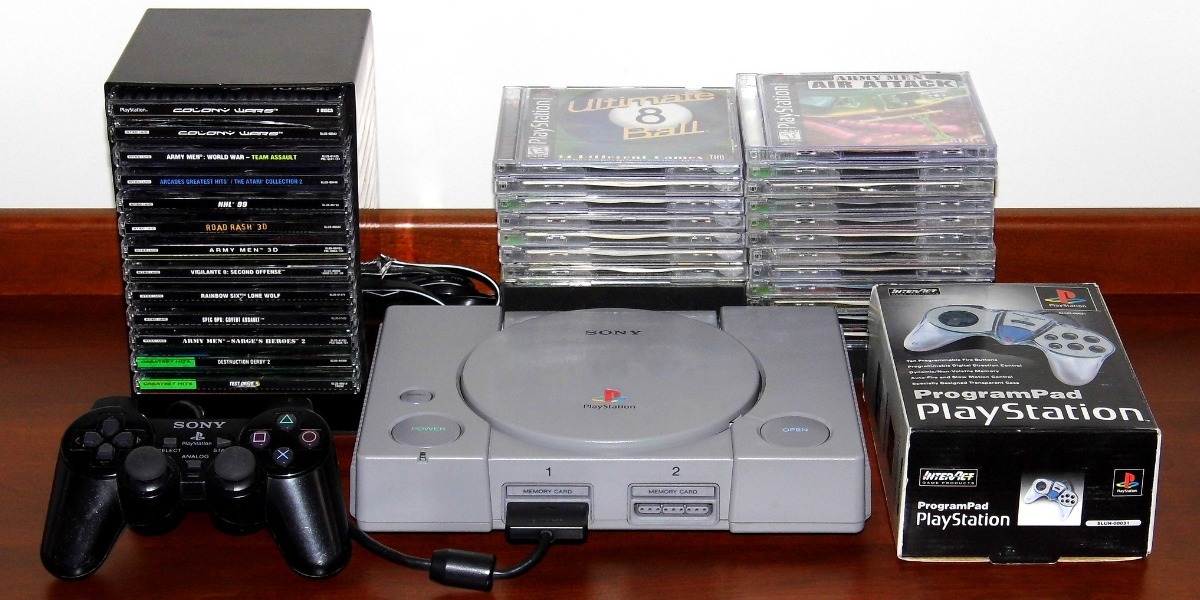
PS1 was home to some of the most revered games of all time such as Castlevania: Symphony of the Night, Crash Bandicoot, and Metal Gear Solid. Being able to play them on your Ubuntu, Fedora, or Linux Mint machine should definitely be a blast. If you’re running a Mac instead, you can use DuckStation to emulate PlayStation games on your Mac PC.
Pros
- One of the best PS1 emulators
- Compatible with many great PS1 titles
- PGXP fork brings newer precision geometry features
Cons
- No update in a long time
4. Dolphin
If you’re a Nintendo Wii and GameCube fan, you probably already know about Dolphin. It allows you to emulate many Wii and GameCube games, with around 38% of them being perfectly emulated and around 60% being playable.
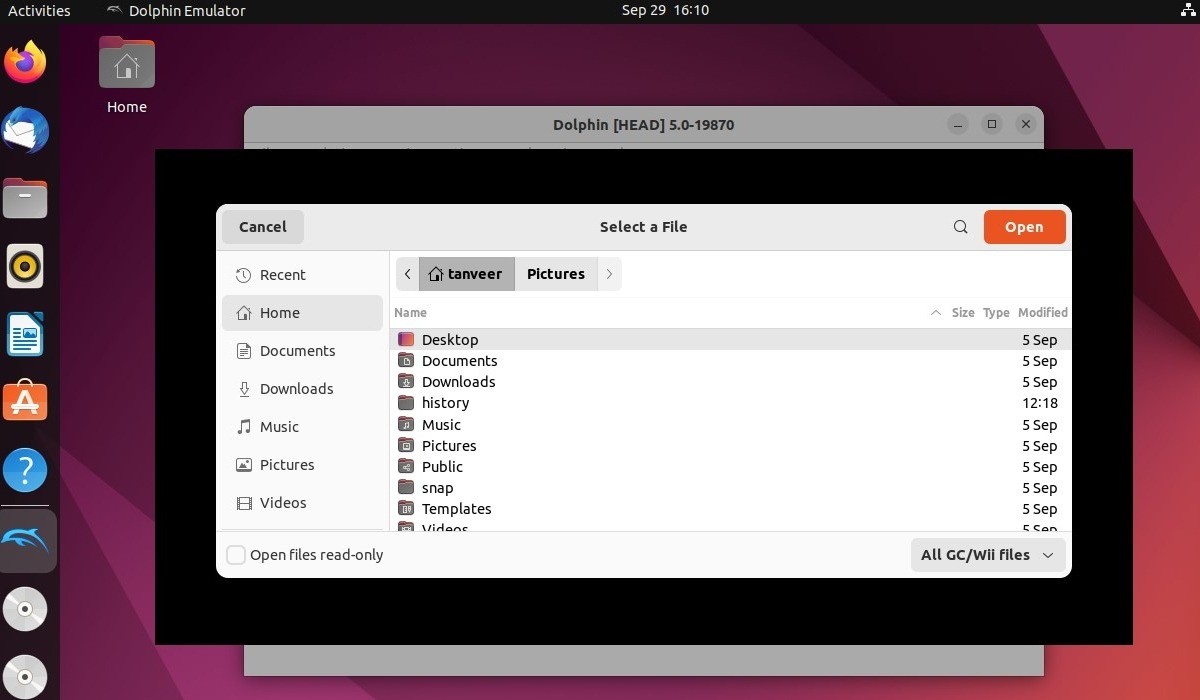
Dolphin has been the default choice for emulating modern Nintendo games on Linux as well as Windows, macOS, Android, and even Xbox consoles. You can run games at 1080p resolution and Dolphin even supports multiple controllers, online multiplayer, and many modern features. Similar to other emulators on this list, Dolphin is compatible with almost all popular Linux distros.
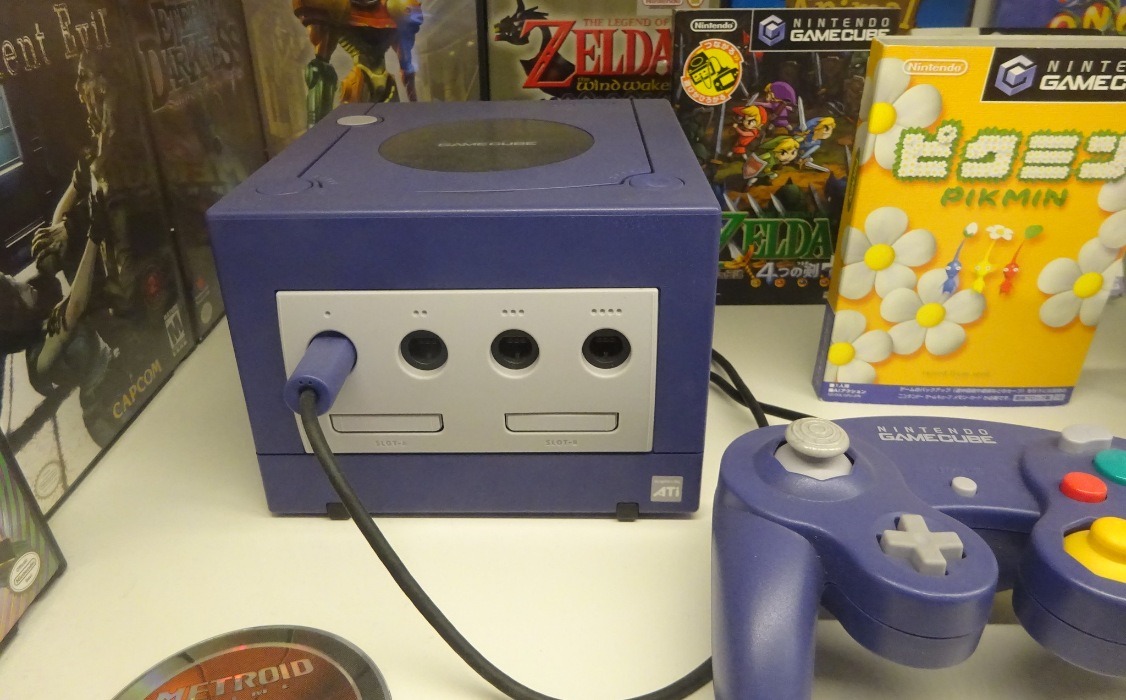
Dolphin has been around since 2003 and after a recent tiff with Nintendo and Valve which saw it being removed from Steam, it continues to improve and offers gamers one of the best emulation experiences today. It’s a solid recommendation for Linux users in love with Super Mario, Donkey Kong, and Legend of Zelda series.
Pros
- Highly stable experience
- Two decades of development
- Supports 1080p and more modern features
Cons
- Performance issues in some titles
5. PCSX2
The PlayStation 2 remains the best-selling gaming console of all time, thanks to a veritable collection of over 10,000 titles. Emulating your favorite PS2 games on your Linux computer is quite simple using PCSX2, one of the most respected PS2 emulators.
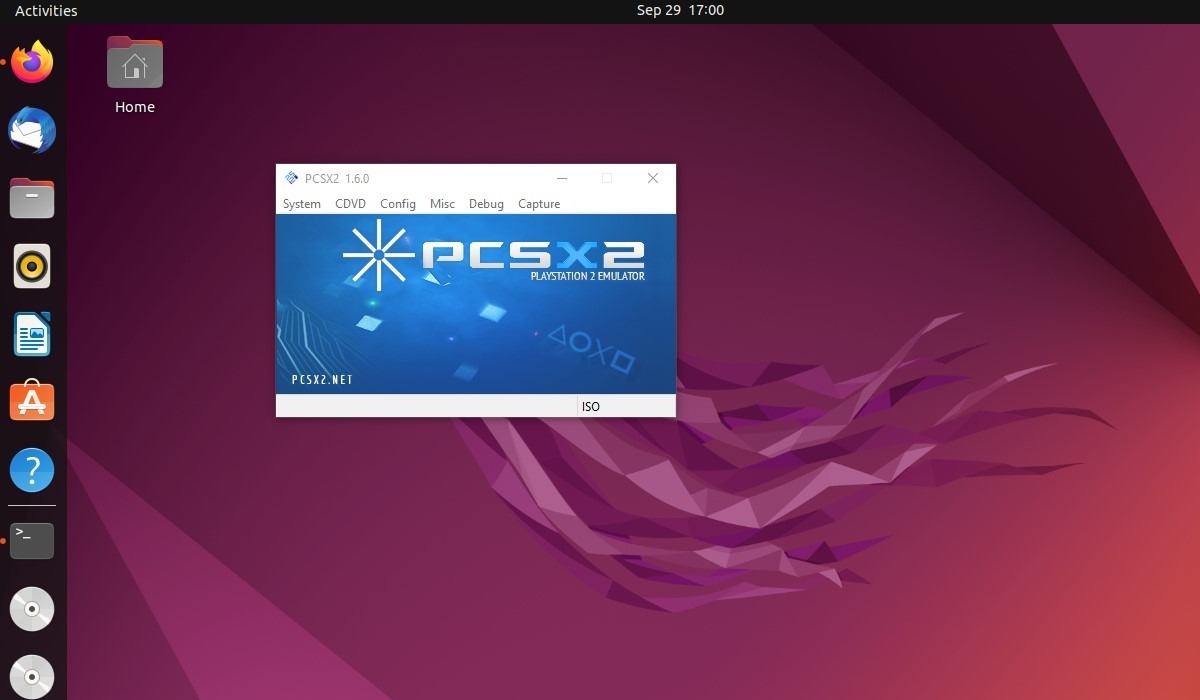
You can achieve a great emulation experience in almost every PlayStation 2 game using PCSX2. Moreover, it allows for custom resolutions and even upscaling so you can enjoy your glory days again in high fidelity. Being one of the best PS2 emulators out there, it naturally supports virtual memory cards, save states, and lossless quality while running games. And it works equally great across Ubuntu, Arch Linux, Debian, Linux Mint, and others.
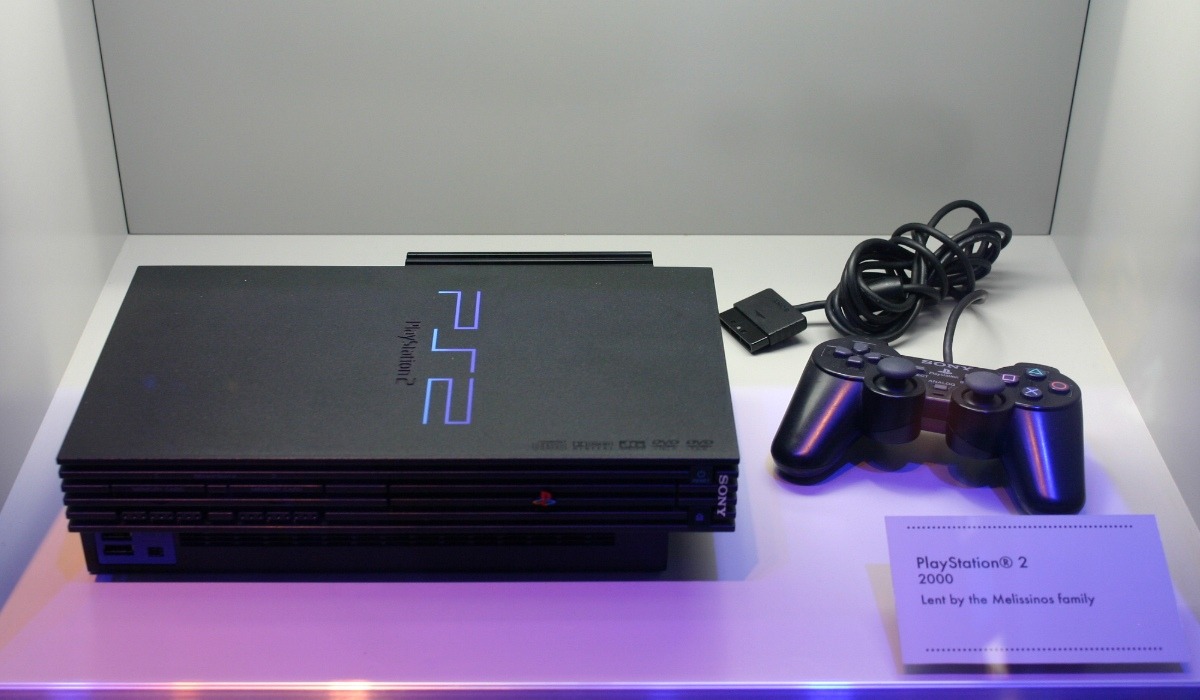
PCSX2 can even play some PS3, PSP, and PS4 games to varying degrees of success. It’s a great tool to not only enjoy perfectly playable PS2 games but also have some fun trying out games from other PlayStation consoles and see how it performs. Just make sure you’re buying your video game ROMs legally if you don’t have access to them already.
Pros
- Supports more than 2600 PS2 games
- Upscaling and other modern features
- Faster than many other PS2 emulators
Cons
- Minor performance issues in some games
6. RPCS3
The PlayStation 3 is the latest console in Sony’s lineup to have been reasonably emulated, as the PS4 still remains a tough nut to crack for many projects. RPCS3 is one of the best ways to play PS3 games on your Linux machine.
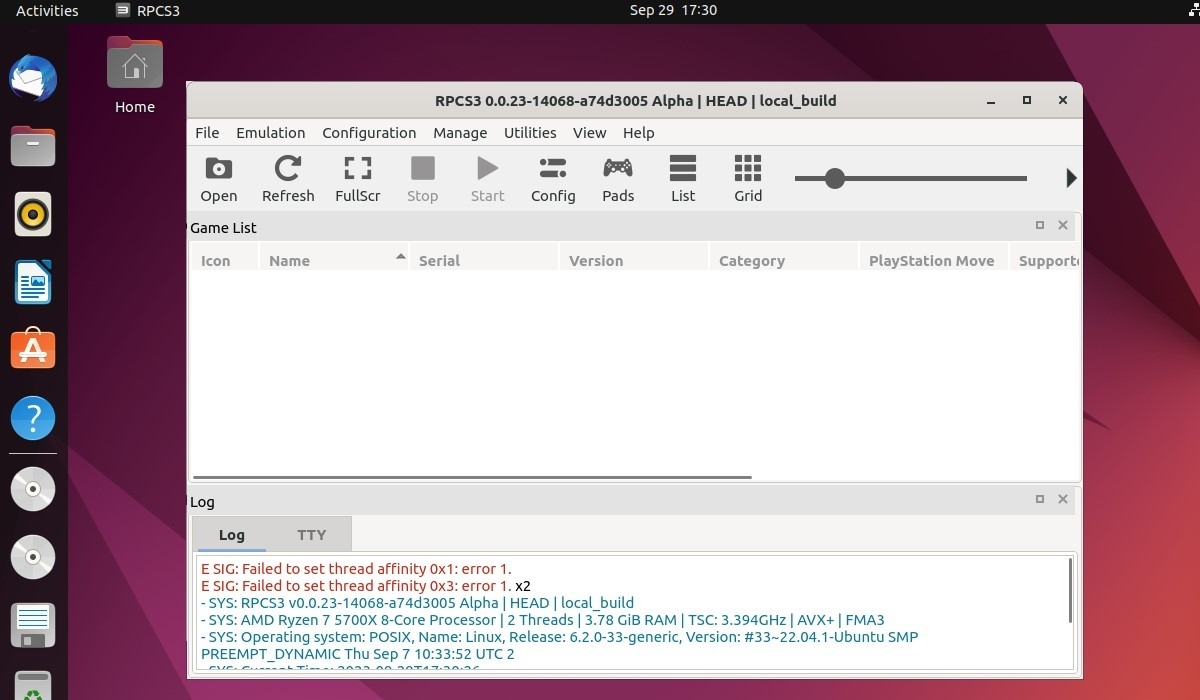
You can play Mass Effect 3, Devil May Cry 4, Demon’s Souls, Resident Evil 4, Ratchet & Clank, Tekken 6, and many other PS3 games that enamored gamers in the console’s heyday. The team behind RPCS3 has been working on bringing PS3 classics to PCs since 2011 and keeping the emulator regularly updated.
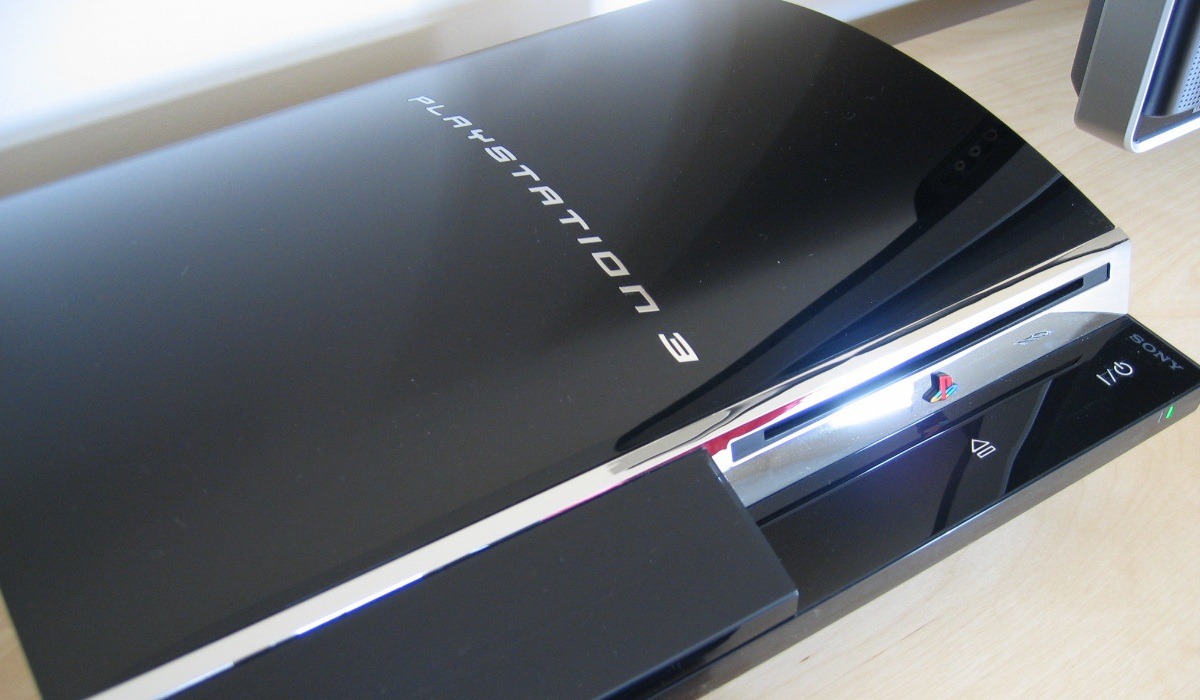
Almost 70% of the PS3 library is currently playable on RPCS3 without major issues. Although some popular titles like The Last of Us and the Uncharted series are still not playable, the team is hard at work improving the compatibility list of games.
Pros
- Supports both Vulkan and OpenGL
- Compatible with many landmark PS3 titles
- In active development since 2011
Cons
- Still has issues playing some popular titles
7. RetroArch
We’ve covered different emulators for different consoles in this list. But, what if you wanted a single emulator to do everything? Well, RetroArch does exactly that. A multi-platform emulator that runs on Linux, Windows, macOS, Android, iOS, and Raspberry Pi, RetroArch works on cores — collections of code that enable support for a particular retro gaming console.
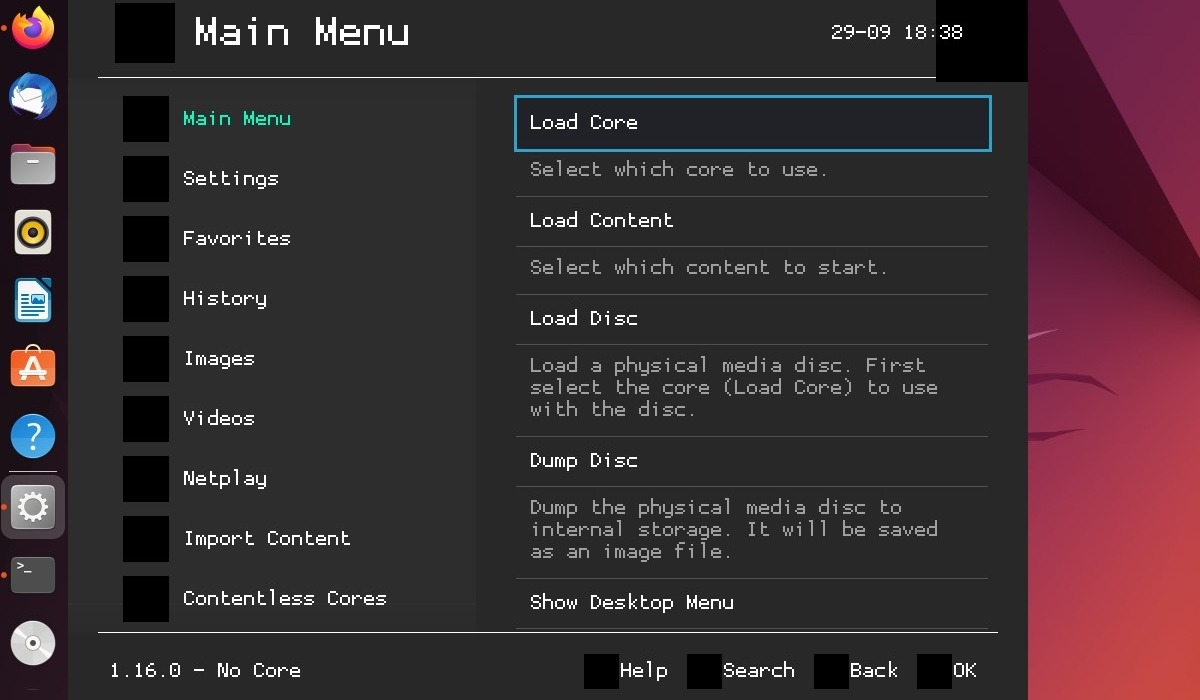
This allows RetroArch to become your one-stop solution for emulating games from Super Nintendo, NES, Game Boy, Nintendo 64, PS1, PS2, PS3, PSP, and any other console that has an emulator for it. RetroArch acts as a frontend for other emulators and with advanced features enabling a modern gaming experience, it’s a true powerhouse of an application.
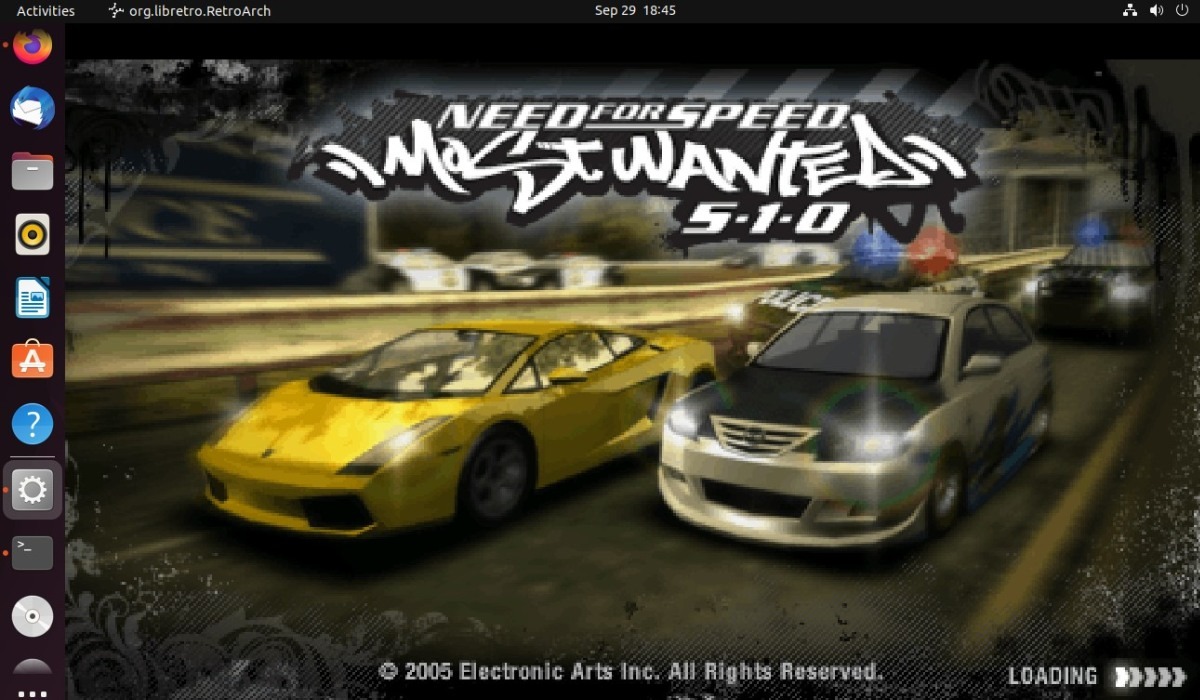
With RetroArch, you don’t need to download individual emulators for, say, your SNES emulation or Nintendo 64 emulation needs. This hub for emulators is constantly being updated to support more and more cores, always providing an updated emulation experience to gamers.
Pros
- Emulator of emulators — support for multiple consoles
- Supports shaders, netplay, rewinding, and next-frame response time
- Automatic controller configuration when plugged in
- Dates back to 2010
Cons
- Interface can be overwhelming
- Some performance issues compared to standalone emulators
8. Yuzu
We’ve covered a bunch of Linux emulators for traditional gaming consoles in this list. It’s only natural that we include one for one of the most widely regarded handheld consoles available today — the Nintendo Switch. Yuzu is a great Switch emulator and has achieved remarkable progress in only 5 years.
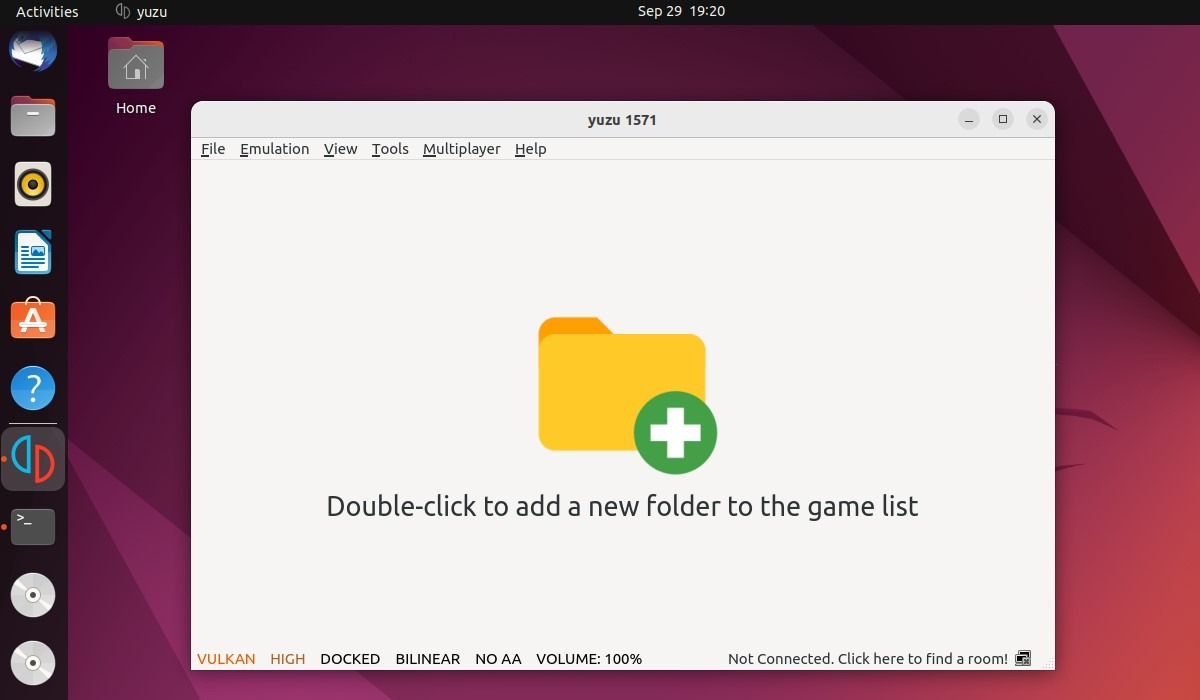
Yuzu supports more than 2,500 Nintendo Switch games, out of which over 640 work flawlessly and over 800 work great with minor workarounds. For those of you who desperately want to play Super Mario Odyssey or The Legend of Zelda: Breath of the Wild on your Linux PC, Yuzu is nothing short of a godsend.
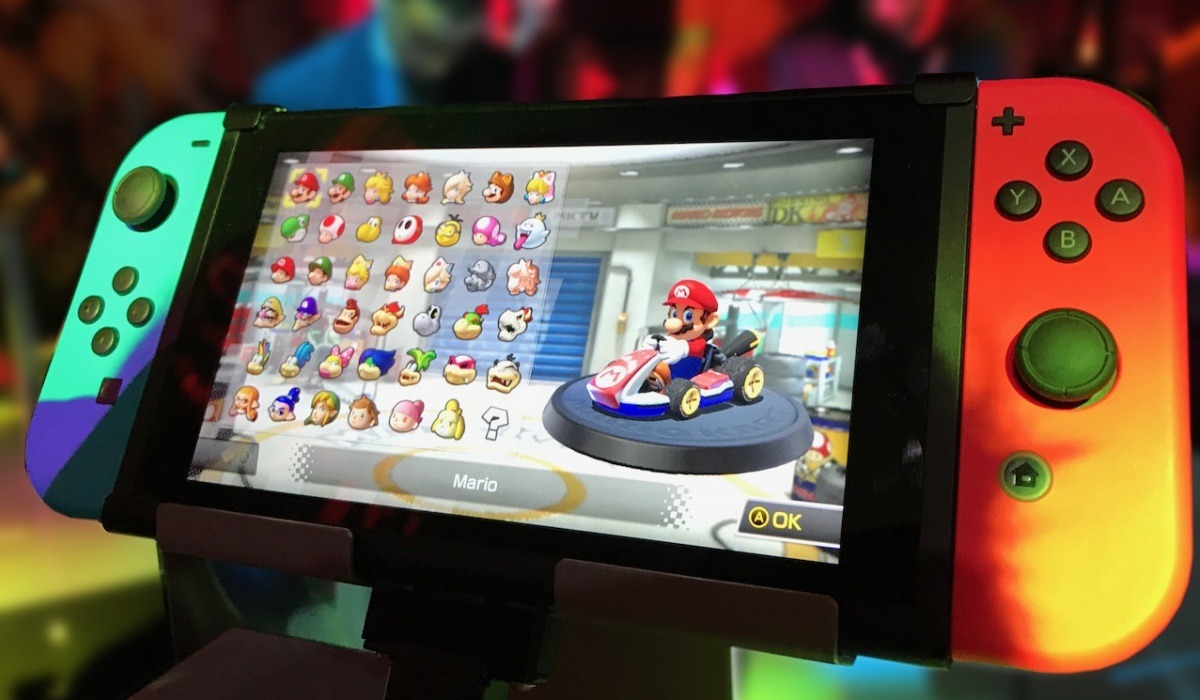
Yuzu is perfectly compatible with distros like Ubuntu, Fedora, Arch Linux, and more. Currently, it is one of the few decent Switch emulators available, and arguably, the best of them. If you’re not on Linux, you can even try this Nintendo Switch emulator on your Windows PC.
Pros
- Perfect performance in over 640 Switch games
- Supports resolution scaling and netplay
- Impressive performance, especially on laptops
Cons
- Many games are still missing
- Performance issues in some titles
Final Thoughts
All of these are great Linux emulators. They are open-source projects and are subject to change, so make sure that they’re still up to date when you come across this article. Many of these emulators are actually available directly in distribution repositories. Ubuntu, for instance, has almost all of them.
Keep in mind that even though emulators are legal in most places, ROMs may not be, depending on how you acquire them. The best way to be sure is to back up your own games if you can.
All screenshots by Tanveer Singh.
Our latest tutorials delivered straight to your inbox